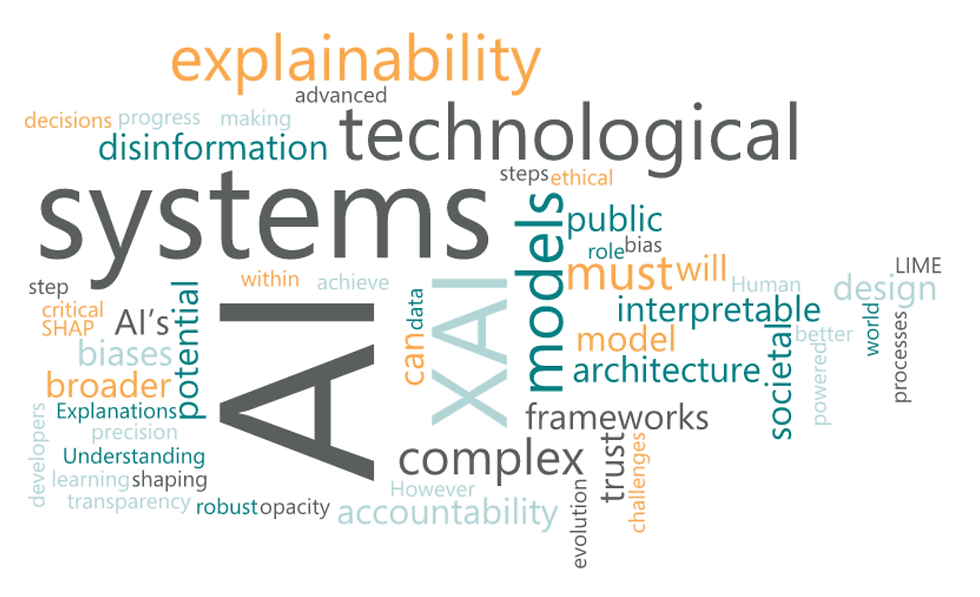Convergence: The Future of Oncology with Open Innovation, Artificial Intelligence, and Advanced Cancer Treatments
- Georgios Dimitropoulos
- Mar 18, 2024
- 2 min read

In my TEDx presentation, I explored the intersection between health, technology, and science communications, rooted in my background as an ethical and health technologist. My discussion focused on Value-Based Health Care, where my collaboration with clinicians and healthcare professionals has been crucial in utilising technological innovation to enhance health outcomes. I examined the importance of cross-disciplinary teamwork, particularly in the context of combating cancer, drawing from both personal experiences and the advancements in medical technology that open new pathways for treatment.
Central to my discussion was the realistic optimism that innovative treatments offer to cancer patients, underpinned by the understanding that each statistic is linked to a human story. I highlighted our team's dedication to enhancing cancer care through the synergy of clinical oncologists, pathologists, computer scientists, innovators, and AI specialists. This collective endeavour concerns technological prowess and a unified vision to reimagine oncology.
I addressed compartmentalised research and development hurdles, advocating for a more integrated health innovation pathway that prioritises communal well-being. I argued that this integrated approach is crucial for advancing cancer therapies, stressing the need for a balanced focus on physical and mental health and the catalytic role of convergence in medical breakthroughs. My presentation was a clarion call for intensified collaboration and innovation, spotlighting human resilience and our collective capacity to forge a healthier future.
The content of my talk highlighted the global cancer epidemic, with data from the World Health Organisation and other entities illustrating the monumental challenge cancer poses worldwide. With 18 million new cases and 10 million deaths in 2020 alone, the urgency for transformative strategies in oncology is more pressing than ever. I detailed the socioeconomic disparities in cancer survival rates, the economic burdens of treatment, and the dire projections for cancer incidence and mortality, setting a worrying trajectory for global health.
In addressing the solutions, I emphasised the revolutionary impact of immunotherapy and CAR-T cell therapy in cancer treatment, emphasising the precision and potential of these targeted approaches. The narrative then transitioned into the promising realm of Artificial Intelligence (AI) and Machine Learning (ML), showcasing their role in reshaping oncology by enhancing diagnostic accuracy, treatment planning, and the personalisation of patient care. I presented examples of AI's capabilities, from predicting cancer risks years before diagnosis to analysing vast datasets for in-depth insights into tumour biology.
The discussion also embraced open innovation as a vehicle for accelerating the development and accessibility of advanced cancer treatments. Using examples like AstraZeneca's Open Innovation program, I illustrated the power of collaborative efforts in driving forward the frontiers of cancer research and treatment.
Concluding my TEDx talk, I underscored the transformative potential of AI, open innovation, and cutting-edge medical treatments, offering hope for the future of oncology. Yet, I also stressed that this transformation requires a concerted effort from all stakeholders in the healthcare ecosystem. My closing remarks were a pledge for continued innovation and collaboration to ensure that advancements in cancer treatment are universally accessible, affirming our commitment to battling this devastating disease with every tool and insight at our disposal.










Comentários